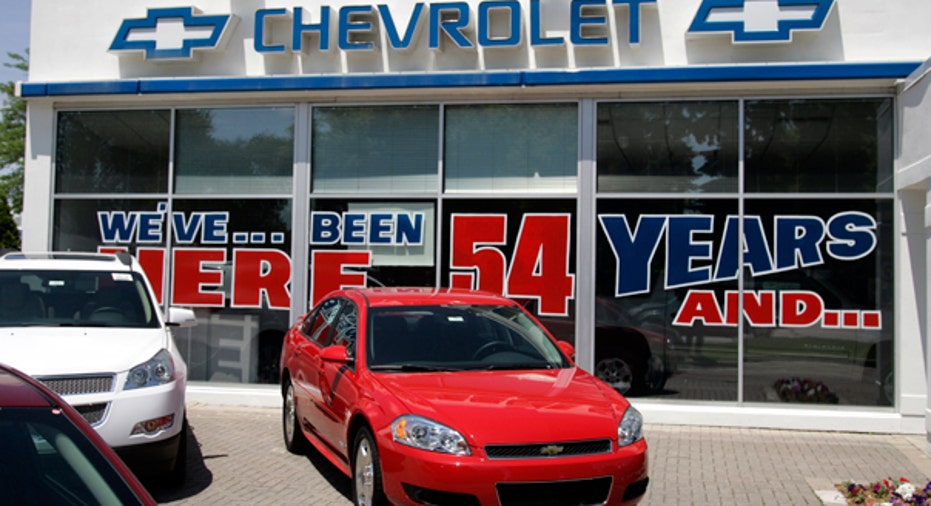Buying a Used Car? Check for a Recall

If you are buying a used car, one of the key things to determine is whether the car you are buying has been part of any recalls, and if so, whether it has been repaired. Car recalls are typically issued because of a problem or potential problem that relates to some safety issue. Unrepaired recalls could lead to a car fire or collision, possibly harming the occupants or causing a jump in car insurance rates.
Car sellers are not required to get any recalled parts repaired before selling their cars. Nor are they required to even notify buyers of any recalls. What's more, they may not even be aware that there is a recall because recall letters could be sent to a previous address where the forwarding notice has expired or could get mailed to a previous owner. Instead, the onus falls on the prospective buyer to research any car recalls. Follow this simple process to see if the car you are considering has been part of one.
Start by checking the National Highway Traffic Safety Administration, or NHTSA, database online. You can get the details of any car by searching on its model year, make and model name to get a complete list of car recalls that have been issued. But just because a recall is listed doesn't mean the exact car you're buying is part of the recall.
If you don't find any recalls, it's a good idea to conduct a search of the same NHTSA database. Select the "defect investigations" link. Often, a recall starts as an investigation, which then leads to an actual recall. You may find that the car you want to buy is under investigation. If it is, be sure to stay abreast of the investigation to be aware in the event that a car recall is issued.
If you do find a recall, get the car's vehicle identification number, or VIN, from the seller. Enter it in the recall section of the applicable manufacturer's website or use the free "recall check" service from Carfax. With the VIN, you will be able to determine if the exact car is part of the recall. Some of the manufacturer websites also note if the car has been repaired.
If you can't find this information online, ask the owner for documentation that the repair was completed and review it thoroughly. Only dealers who carry that brand of car are authorized to perform recall repairs. However, it is possible for an independent mechanic to complete some car recall repairs at the owner's expense. If the repair has not been completed by a dealer, you may want to check with a dealer to verify the work has been done properly and thoroughly. If it has and you have a receipt for the repair, you may be entitled to a refund from the automaker.
Once you buy the used car, most automakers' websites have a location where you can sign up for recall alerts based on the car's VIN. NHTSA also has plans for this function on its website, though no timetable has been set. Currently, it does offer a subscription service where consumers can sign up for the make and model year of the car to be notified of any car recalls.
These emails are not VIN-specific or even model-specific. They encompass all of the models within that particular make for a specific model year. The website currently accepts subscriptions for up to three make-and-model combinations, so you may want to sign up for multiple cars owned by family members.
Get more news, money-saving tips and expert advice by signing up for a free Bankrate newsletter.
Ask the adviser
If you have a car question, email it to us at Driving for Dollars. Read more Driving for Dollars columns and Bankrate auto stories. Follow her on Facebook here or on Twitter @SheDrives.
Bankrate's content, including the guidance of its advice-and-expert columns and this website, is intended only to assist you with financial decisions. The content is broad in scope and does not consider your personal financial situation. Bankrate recommends that you seek the advice of advisers who are fully aware of your individual circumstances before making any final decisions or implementing any financial strategy. Please remember that your use of this website is governed by Bankrate's Terms of Use.
Copyright 2012, Bankrate Inc.



















